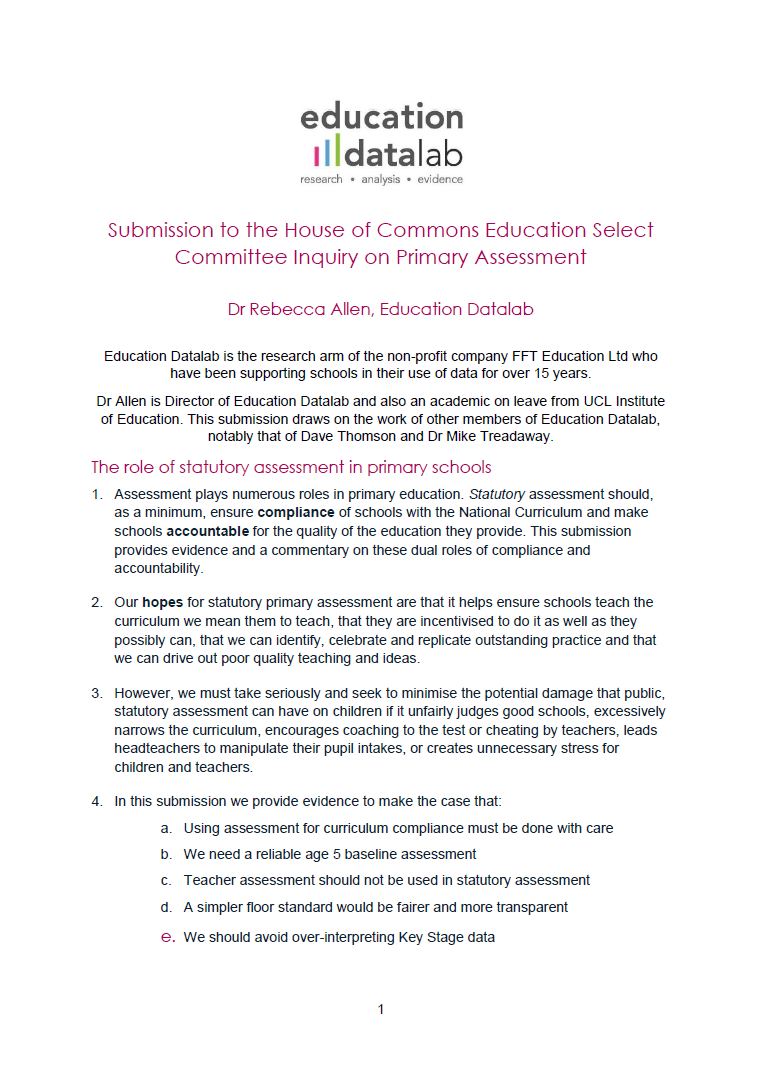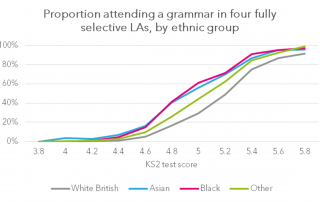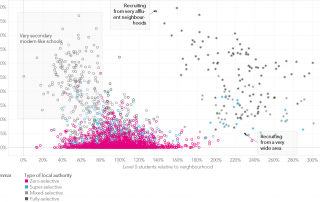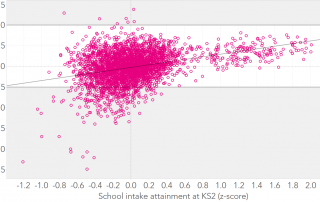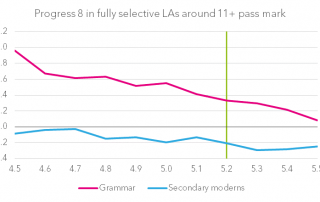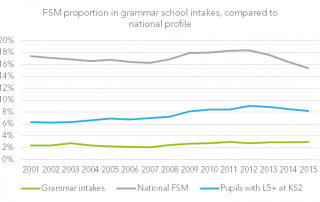Primary assessment inquiry – Education Datalab submission
Education Datalab recently contributed evidence to the Education Select Committee's inquiry into primary assessment. Among the points made by Datalab are that: using assessment for curriculum compliance must be done with care; we need a reliable age five baseline assessment; teacher assessment should not be used in statutory assessment; a simpler floor standard would be fairer and [...]

